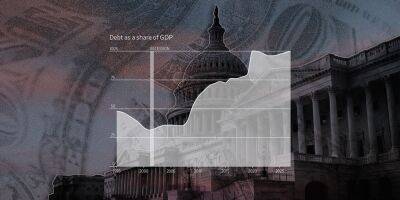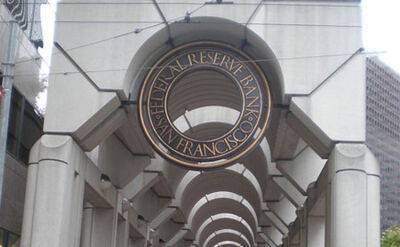ECB executive board member outlines plans for digital euro to European Parliament
The digital euro, should it come into existence, will preserve the role of the central bank by extending payment options beyond those offered by cash, European Central Bank (ECB) executive board member Fabio Panetta told a European Parliament committee Jan. 23.
Panetta expressed satisfaction with the progress of research on a potential digital euro. He told the European Parliament Economic and Monetary Affairs Committee:
Access to the digital euro would initially be open to consumers, businesses and governments within the euro zone, then be extended to individuals and businesses in the European Economic Area and finally to “selected third-party countries,” on the basis of agreements, Panetta said.
Related: Digital euro settlement, distribution options detailed in latest progress report
Accessibility and usability would best be delivered through a scheme that provided uniform rules, standards and procedures to allow the development of additional products and services based on it, Panetta said. Transactions with the digital euro should be free, with extra services from intermediaries available for voluntary use.
Our priority for the digital euro project has always been clear: to preserve the role of public money in retail payments by making it available in digital form, alongside cash, says Executive Board member Fabio Panetta. Read the full speech https://t.co/6UWtNKsqKX1/4 pic.twitter.com/ANku5XwWsf
“The digital euro would never be programmable money,” Panetta said. “The ECB would not set any limitations on where, when or to whom people can pay with a digital euro.” The ECB will not seek access to personal data either, he told the committee:
The ECB is considering creating a Eurosystem app to assure that users can access
Read more on cointelegraph.com














